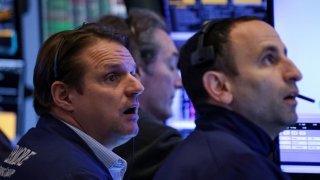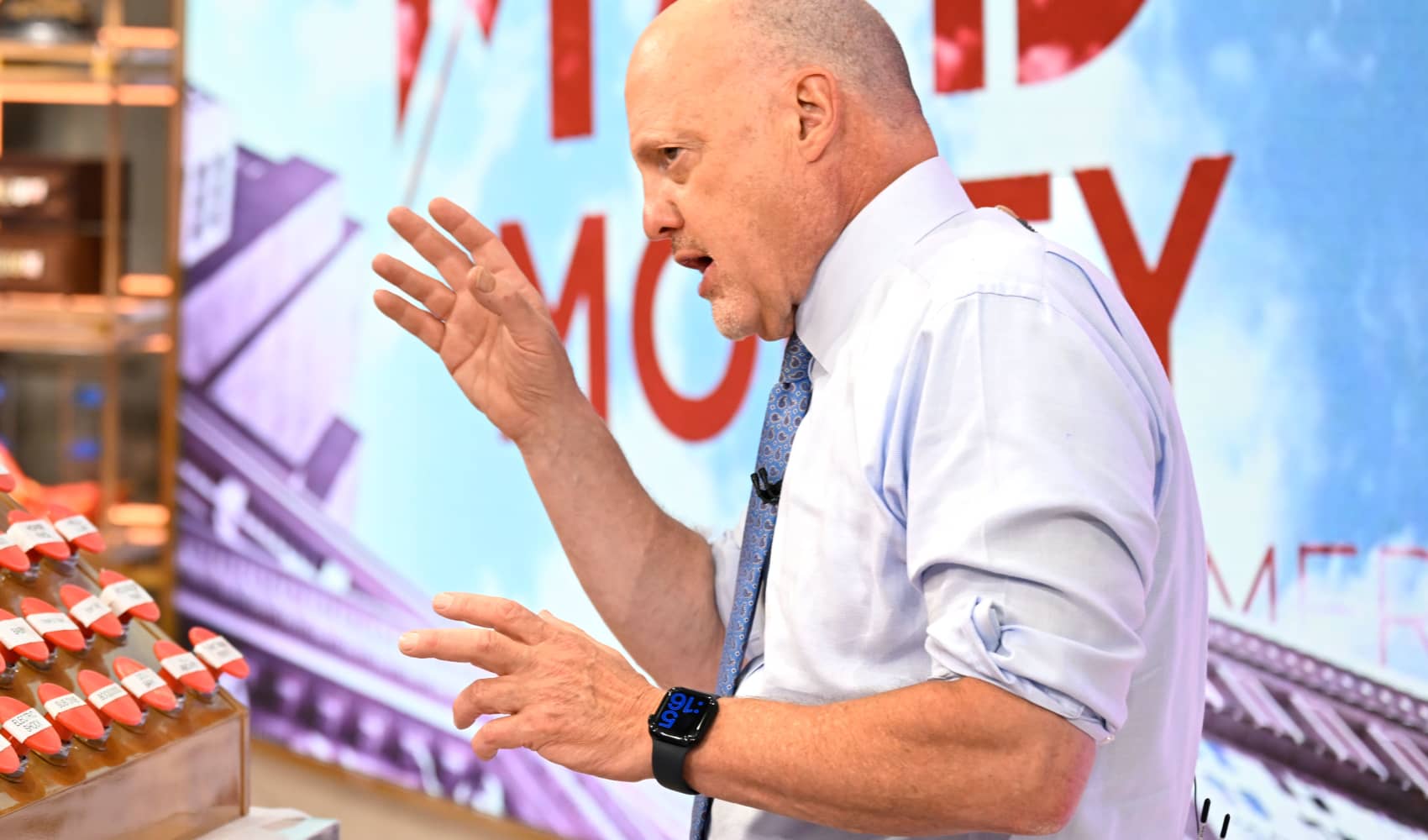
Treasury yields moved higher on Monday after the U.S. and China agreed to slash tariffs on each other's goods, a move welcomed by investors.
The 10-year Treasury yield added 10.2 basis points to 4.477%, while the 2-year Treasury yield jumped more than 11.9 basis points to 4.002%
Stream San Diego News for free, 24/7, wherever you are with NBC 7.
One basis point is equal to 0.01%, and yields and prices move in opposite directions.
The U.S. and China negotiated a trade deal to lower tariffs, with both countries announcing on Monday the suspension of most levies implemented on each other's imports.
Get top local San Diego stories delivered to you every morning with our News Headlines newsletter.
The U.S. previously imposed a 145% duty on China, while Beijing struck back with a 125% tariff. The new deal brings total tariffs on China to 30%, maintaining the 20% levy related to fentanyl.
"When considered alongside last week's announcement of a US/UK trade deal, the sentiment regarding Trump's trade war has clearly shifted in a positive direction," said Ian Lyngen, head of US rates strategy at BMO. "Thawing of trade relations between the US and China will afford the Fed further flexibility."
The effective U.S. tariff rate on China stood at 145%, while China implemented 125% levies on U.S. goods. Economists had worried that the U.S., and perhaps the globe, could be pushed into a recession if both countries kept in place high tariffs on one another.
Money Report
"We had very productive talks and I believe that the venue, here in Lake Geneva, added great equanimity to what was a very positive process," U.S. Treasury Secretary Scott Bessent said in a news conference, after holding talks in Switzerland with China's trade representatives over the weekend.
"We have reached an agreement on a 90-day pause and substantially move down the tariff levels. Both sides on the reciprocal tariffs will move their tariffs down 115%," Bessent added. He also told CNBC's "Squawk Box" on Monday that he expects to meet again with China in the "next few weeks' to discuss a more complete trade agreement.
Odds of a rate cut from the Federal Reserve in the near-term are also dropping as there may be less of a reason for the central bank to intervene and boost the labor market if the U.S. avoids a recession. The fed funds futures market implies just an 11.3% likelihood of a reduction at the June 17-18 meeting, per the CME's FedWatch Tool.






